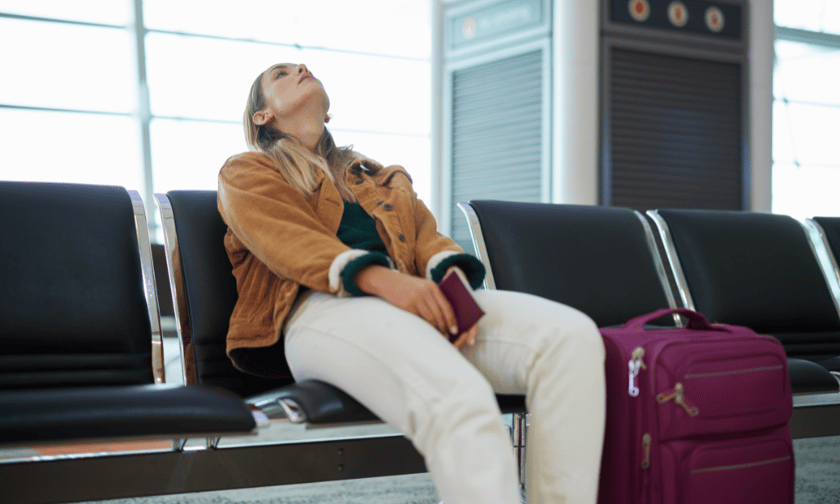

Southern Cross Travel Insurance (SCTI) has identified 10 frequent mistakes travellers make when purchasing travel insurance – something insurers and brokers could share with their clients to emphasise the importance of seeking insurance professionals’ help when taking out policies.
The insurer said addressing these mistakes would help Australians better secure their journeys and reduce the risk of claim disputes.
Jo McCauley, CEO of SCTI, noted that the insurer paid over $7.5 million in claims to Australian customers from January to September this year.
“At SCTI, we will do our very best to ensure we pay claims where possible,” she said. “However, it’s important to be aware of the details to avoid common mistakes that can lead to denied claims or inadequate coverage.”
Alcohol consumption is a common factor in claims disputes. SCTI said that if an incident – such as an injury or theft – is linked to alcohol use, the claim may be declined.
Supporting evidence, including medical and police reports, is often reviewed to determine the role of alcohol. Travellers should read policy exclusions carefully to understand the implications.
Insurance policies typically require travellers to take reasonable care of their belongings. Leaving items unattended in public spaces, such as a beach or café, can result in denied claims.
SCTI reported handling 746 claims for lost possessions in 2024, with mobile phones featuring prominently in 230 of those claims.
Mopeds and scooters are a popular way to explore destinations, but they carry risks if not covered by travel insurance.
SCTI said most policies require adherence to strict conditions, such as wearing helmets, using vehicles within specified engine sizes, and holding valid licences.
Its data showed an average claim cost of $8,101 for moped-related incidents this year, with one claim reaching $83,748.
Engaging in activities such as skiing or snowboarding requires specific coverage. Travellers who go off-piste or participate in activities not listed in their policy risk being uninsured.
Between January and September 2024, SCTI processed 91 claims for snow-related injuries, with an average cost of $1,866 and a high of $28,584 for a leg fracture.
Failing to disclose pre-existing medical conditions (PECs) is a common issue that leads to denied claims.
Disclosing these conditions upfront allows travellers to purchase coverage, often at an additional cost.
In 2024, SCTI’s most declared conditions included high blood pressure (11%), asthma (5%), and diabetes type 2 (3%).
Expensive equipment, such as cameras and instruments, often requires additional coverage.
Standard travel insurance policies typically include limits for high-value items, which may leave travellers underinsured.
SCTI reported approving 588 claims for lost or damaged electronics in 2024, with one claim reaching $3,000.
Comprehensive medical insurance is vital when travelling overseas. It should include provisions for medical evacuation and repatriation, which can incur significant costs.
SCTI noted an average claim cost of $12,459 for medical emergencies in 2024, with the largest claim reaching $359,105 for an air ambulance following an accident.
Understanding the terms surrounding cancellations is essential to avoid financial losses from non-refundable bookings.
Illness, severe weather, and family emergencies are among the most common reasons for cancellations.
SCTI reported paying 974 claims for trip cancellations in 2024, with an average payout of $1,613.
Travellers planning to hire vehicles should confirm that their travel insurance covers rental car excess. Policies typically don’t cover the full cost of vehicle damage.
Additionally, Australians driving overseas may need an international driving permit (IDP) alongside their Australian licence, depending on local requirements or rental company policies.
SCTI said many travellers assume activities like trekking, bungee jumping, or rafting are covered by default, but these often require specialist policies. Coverage typically applies only when using licensed operators and adhering to safety guidelines.
